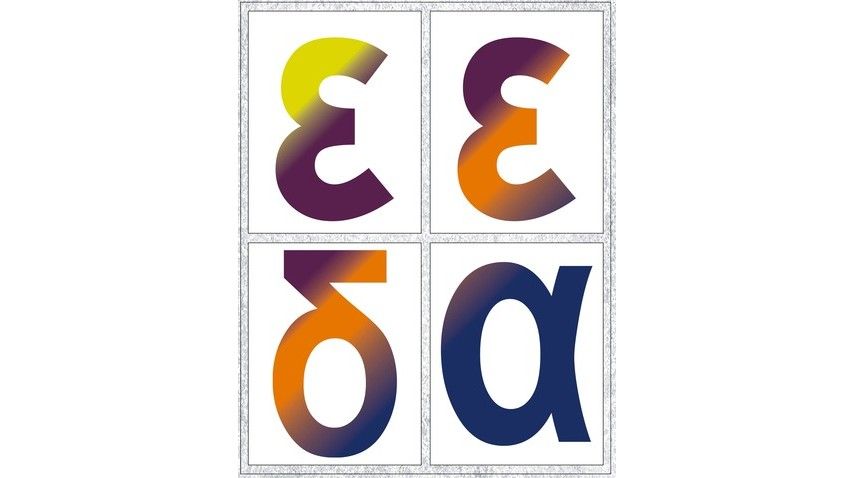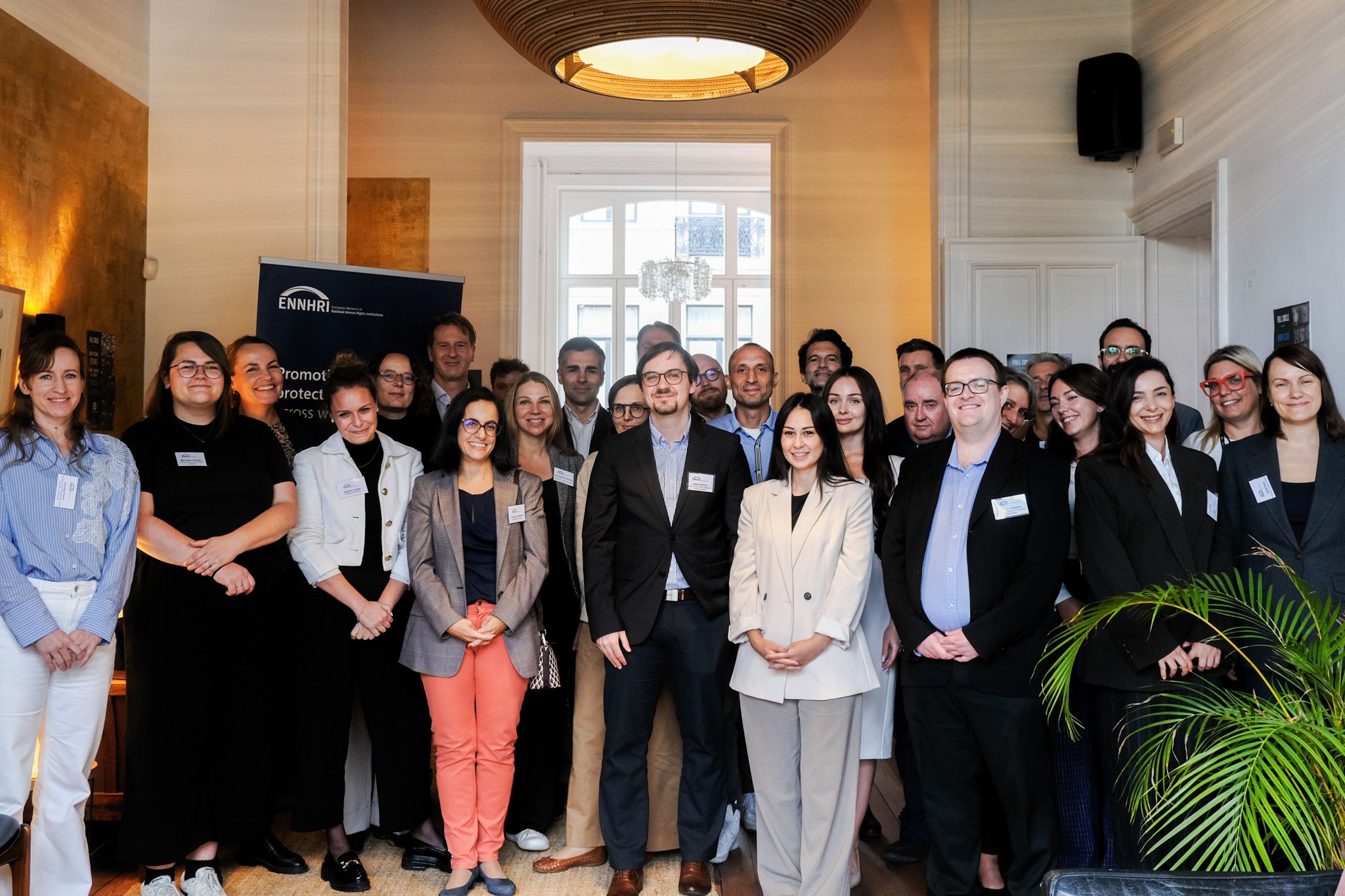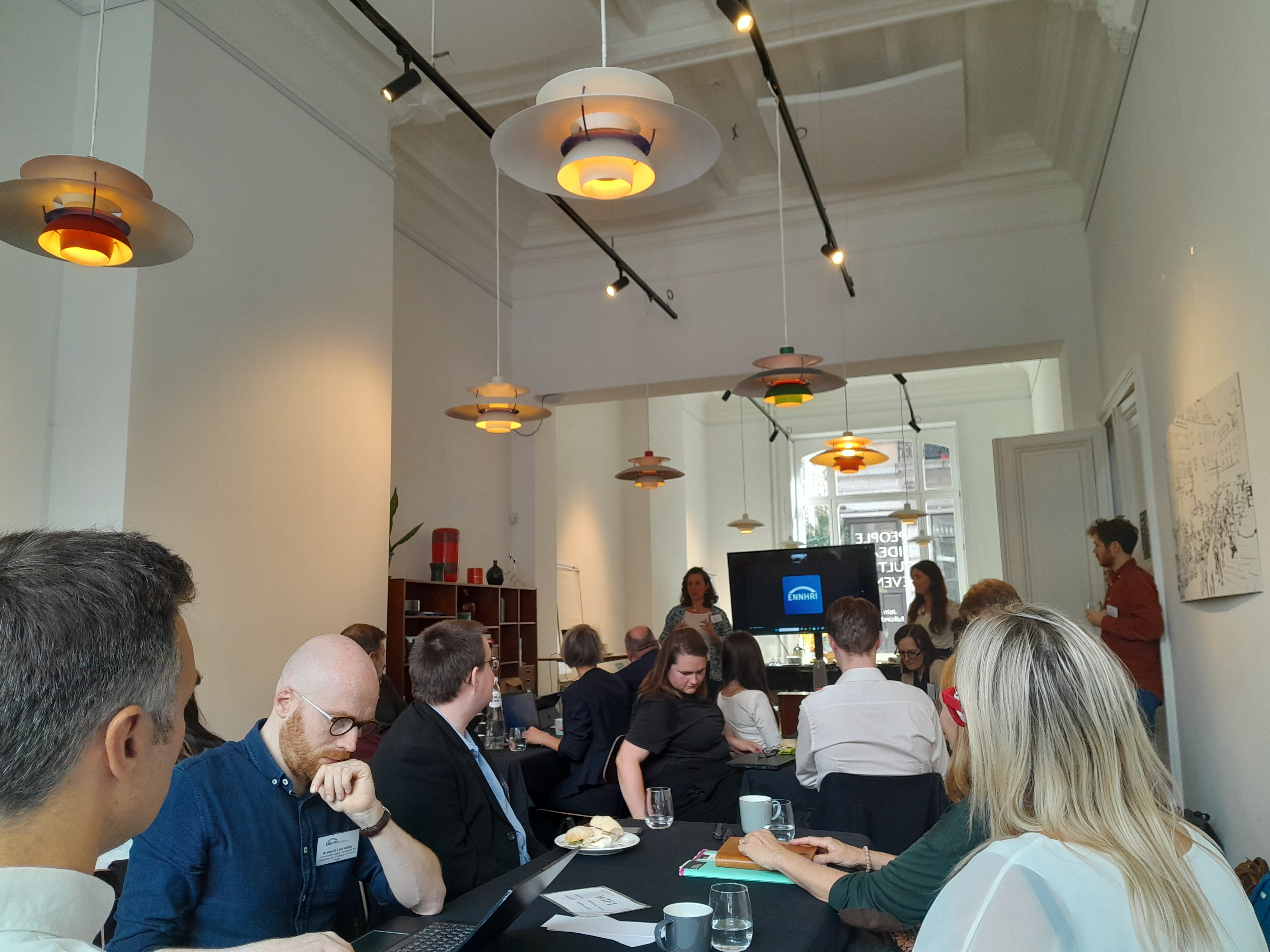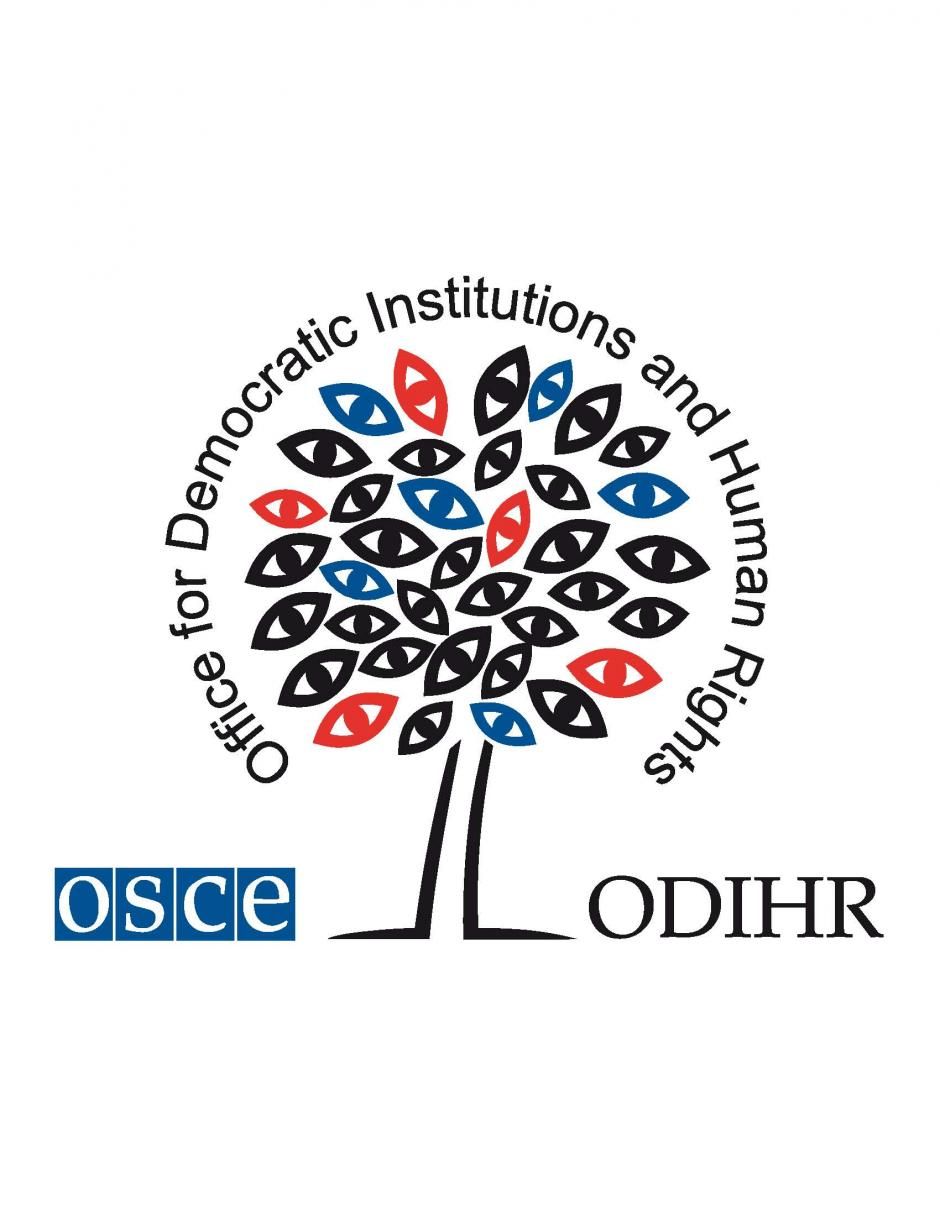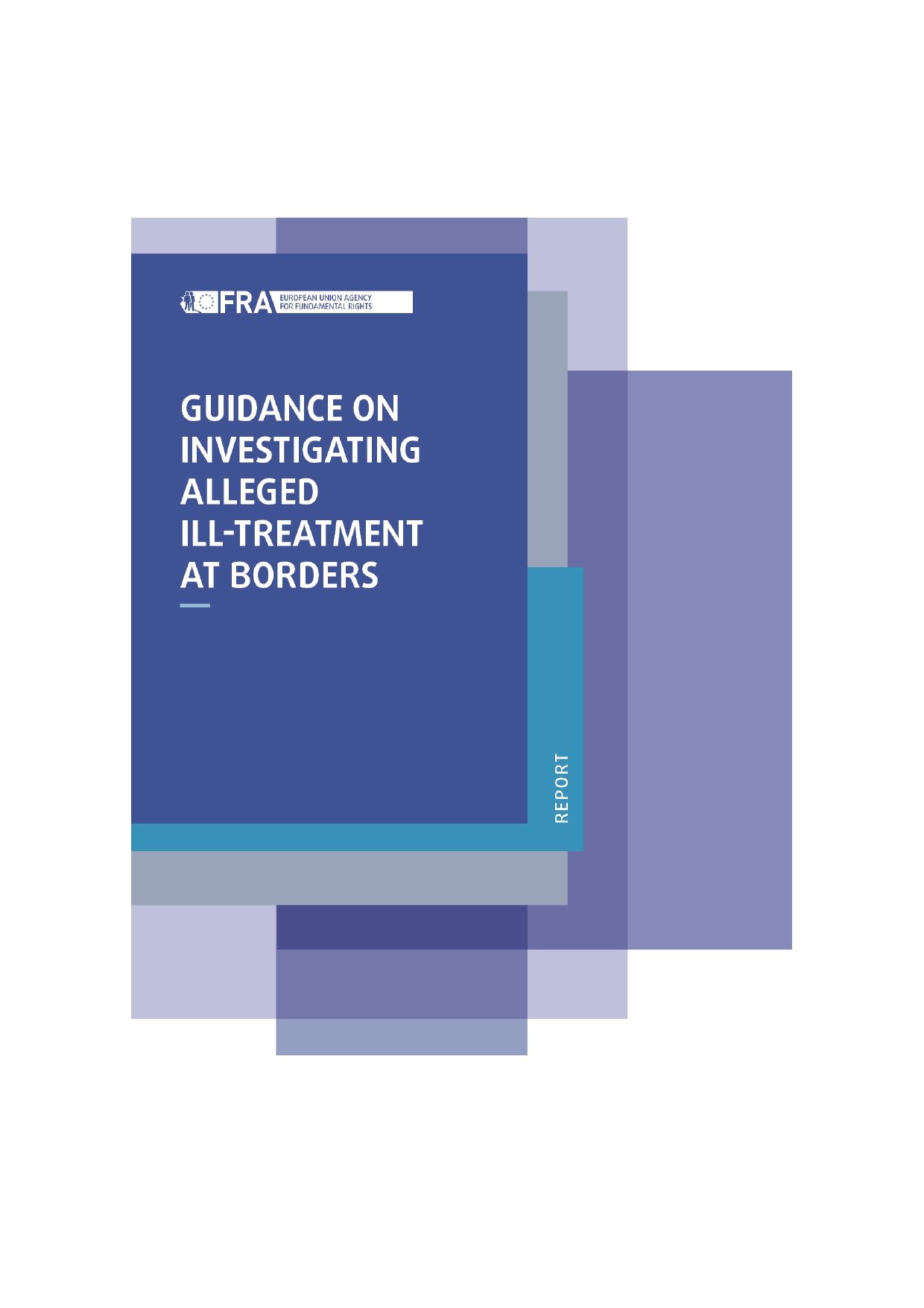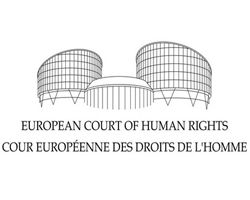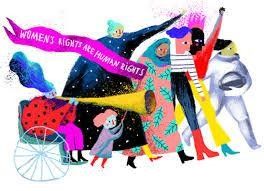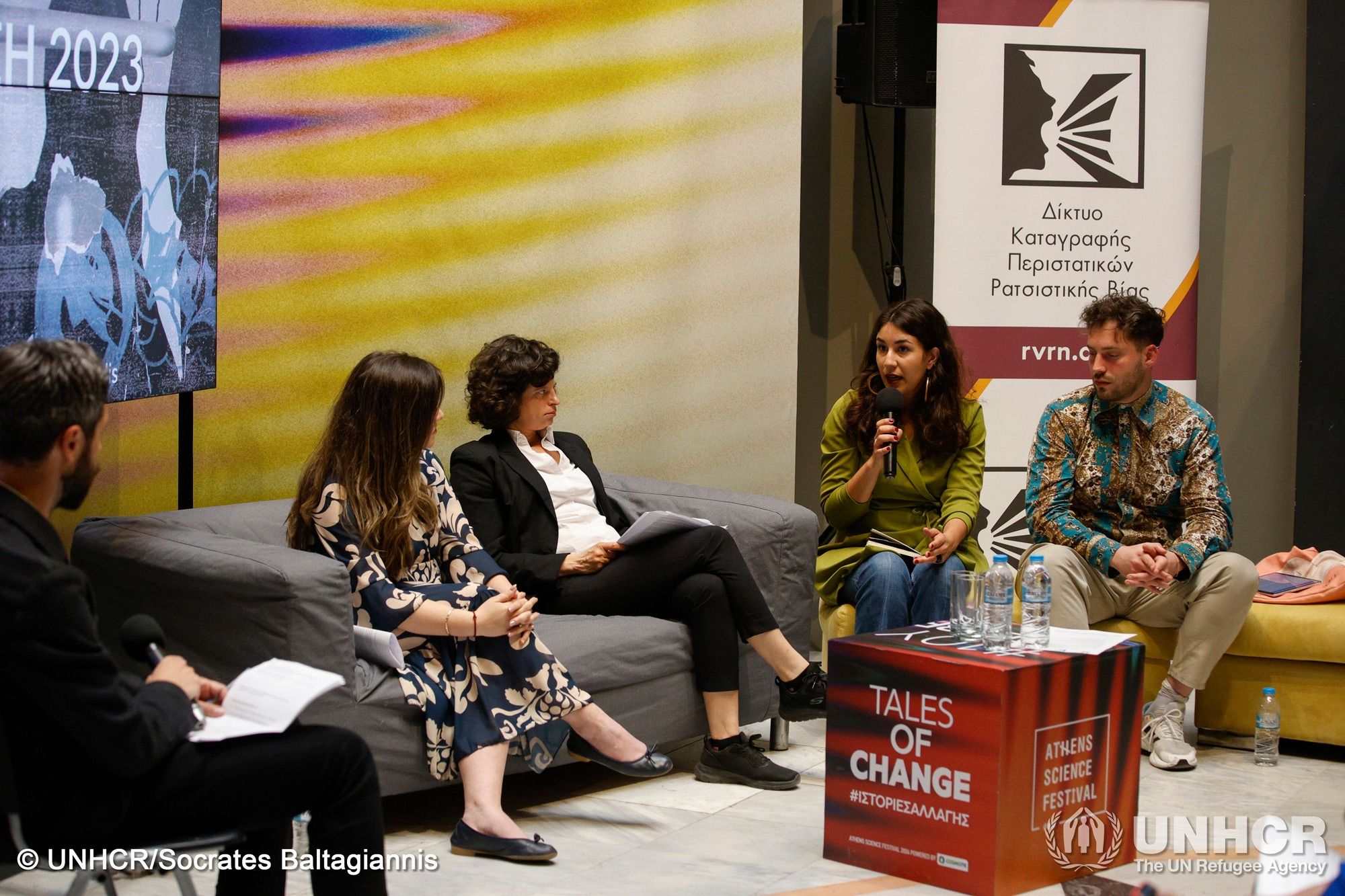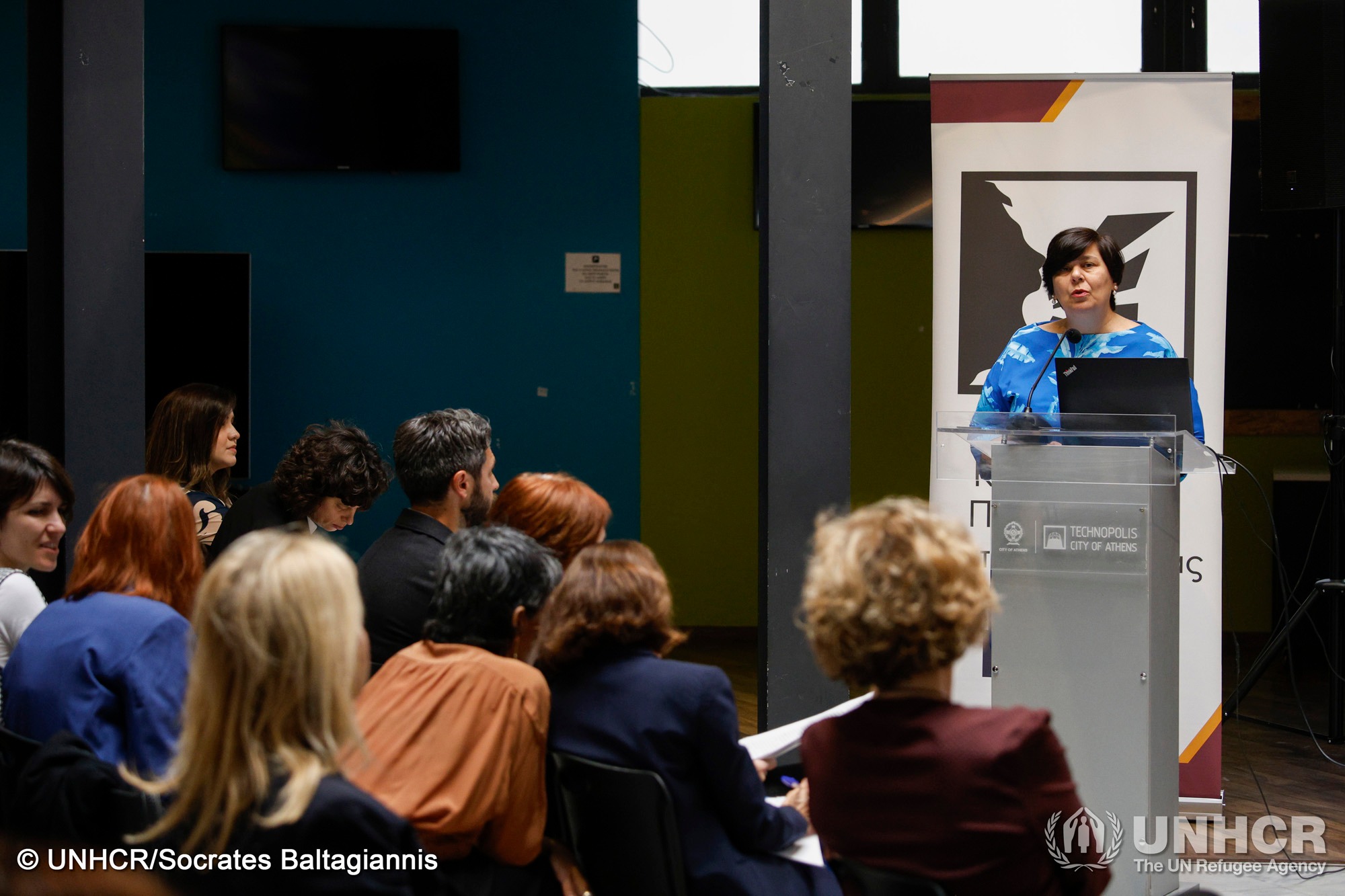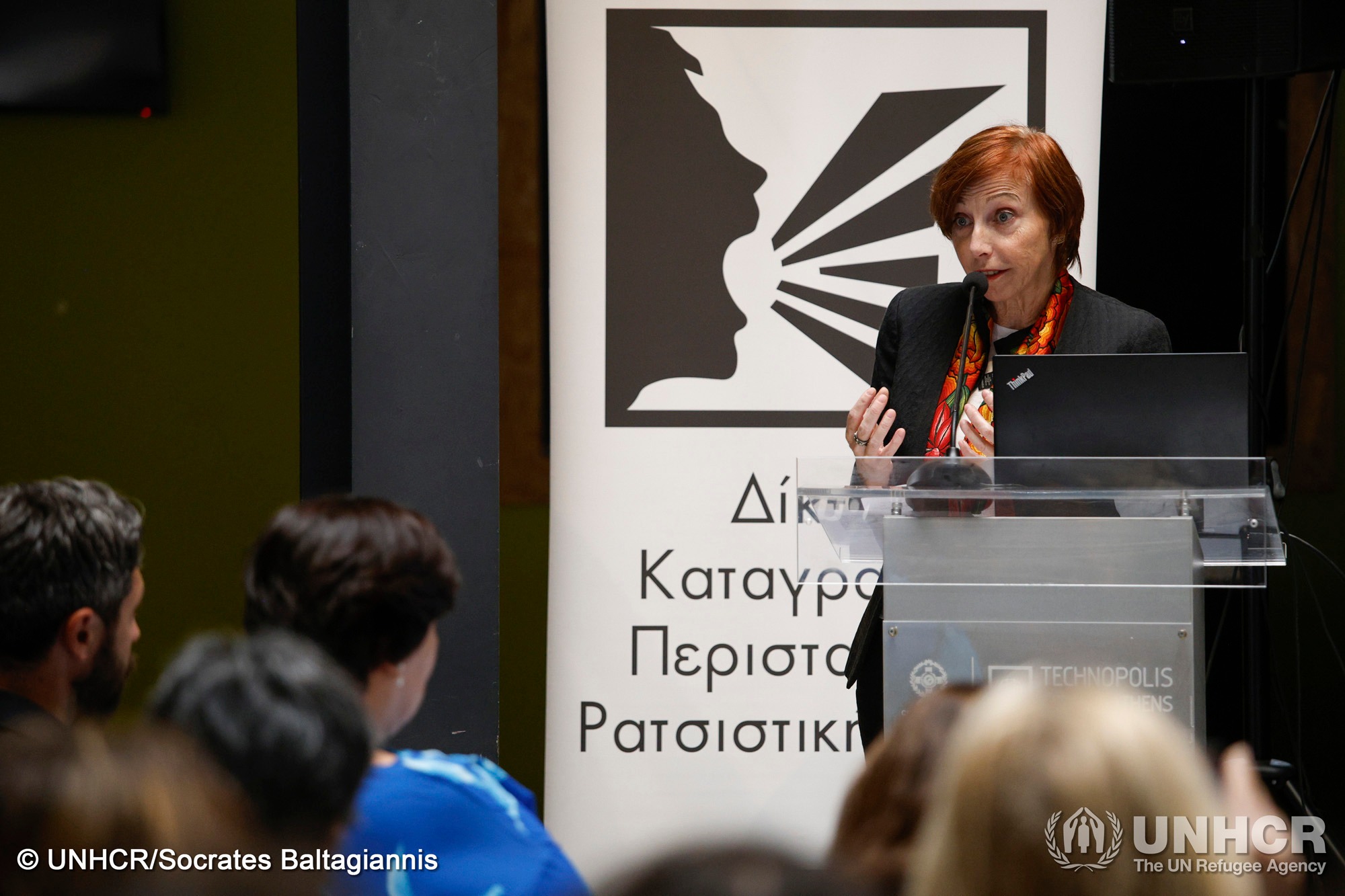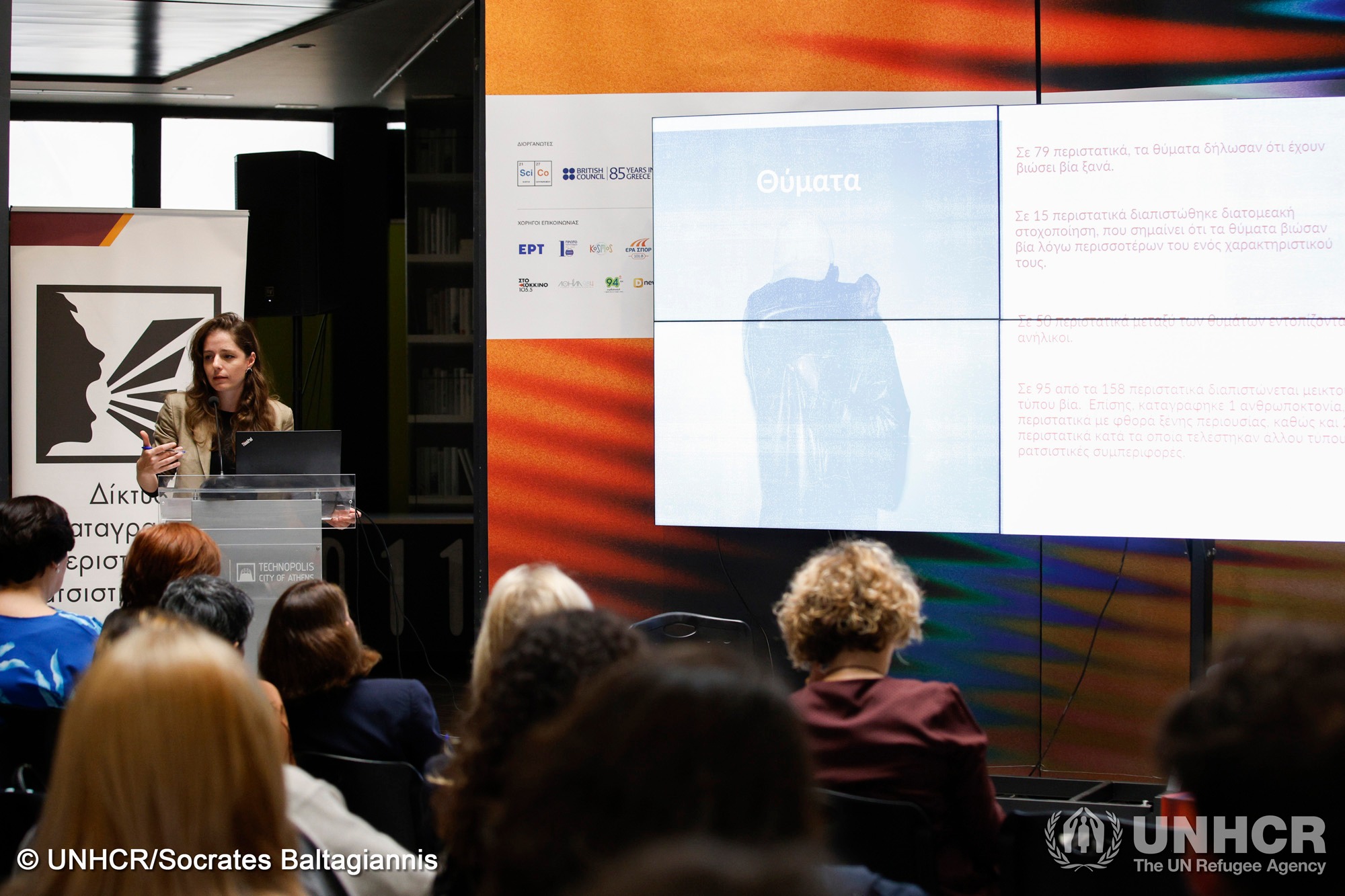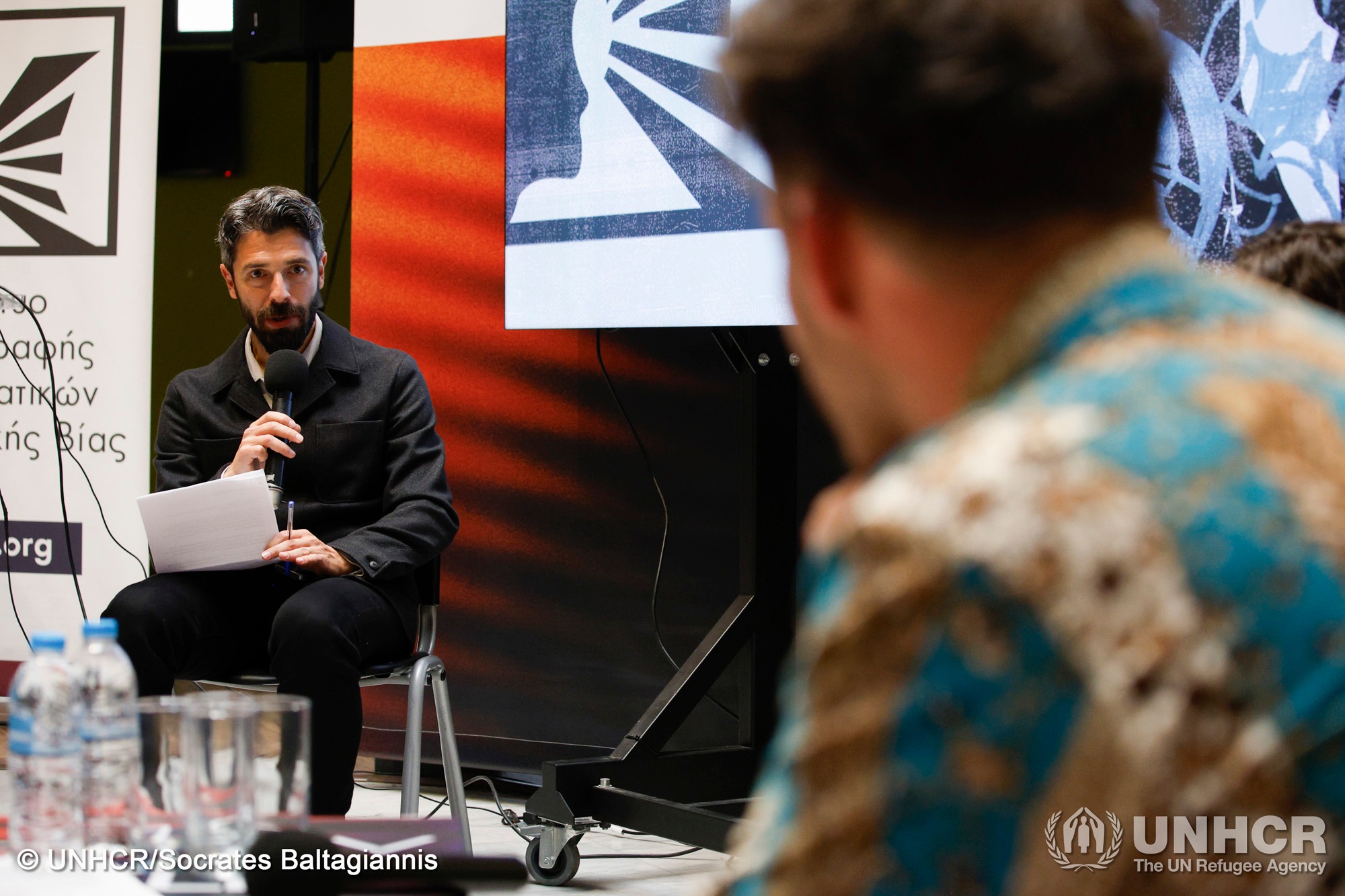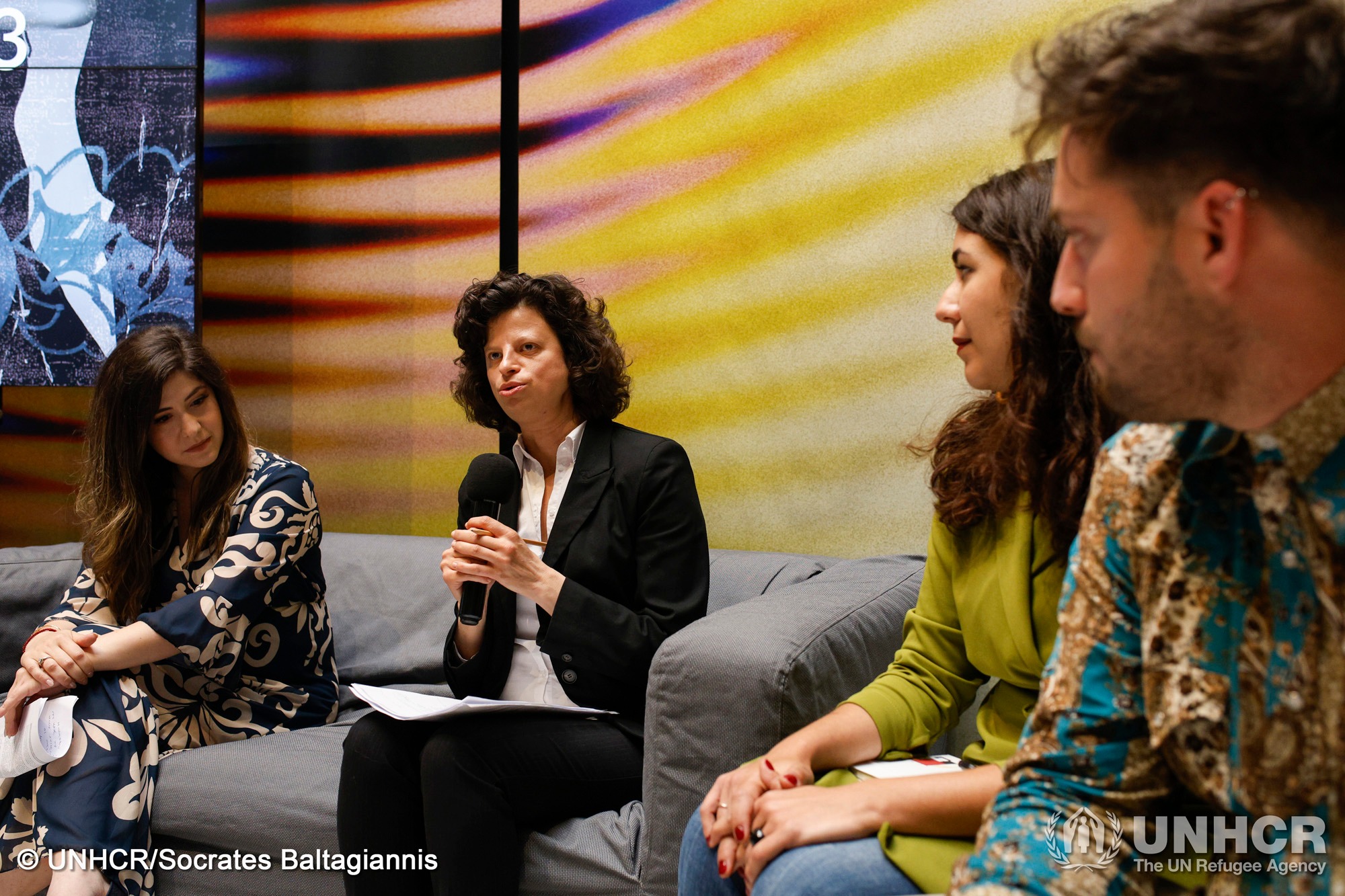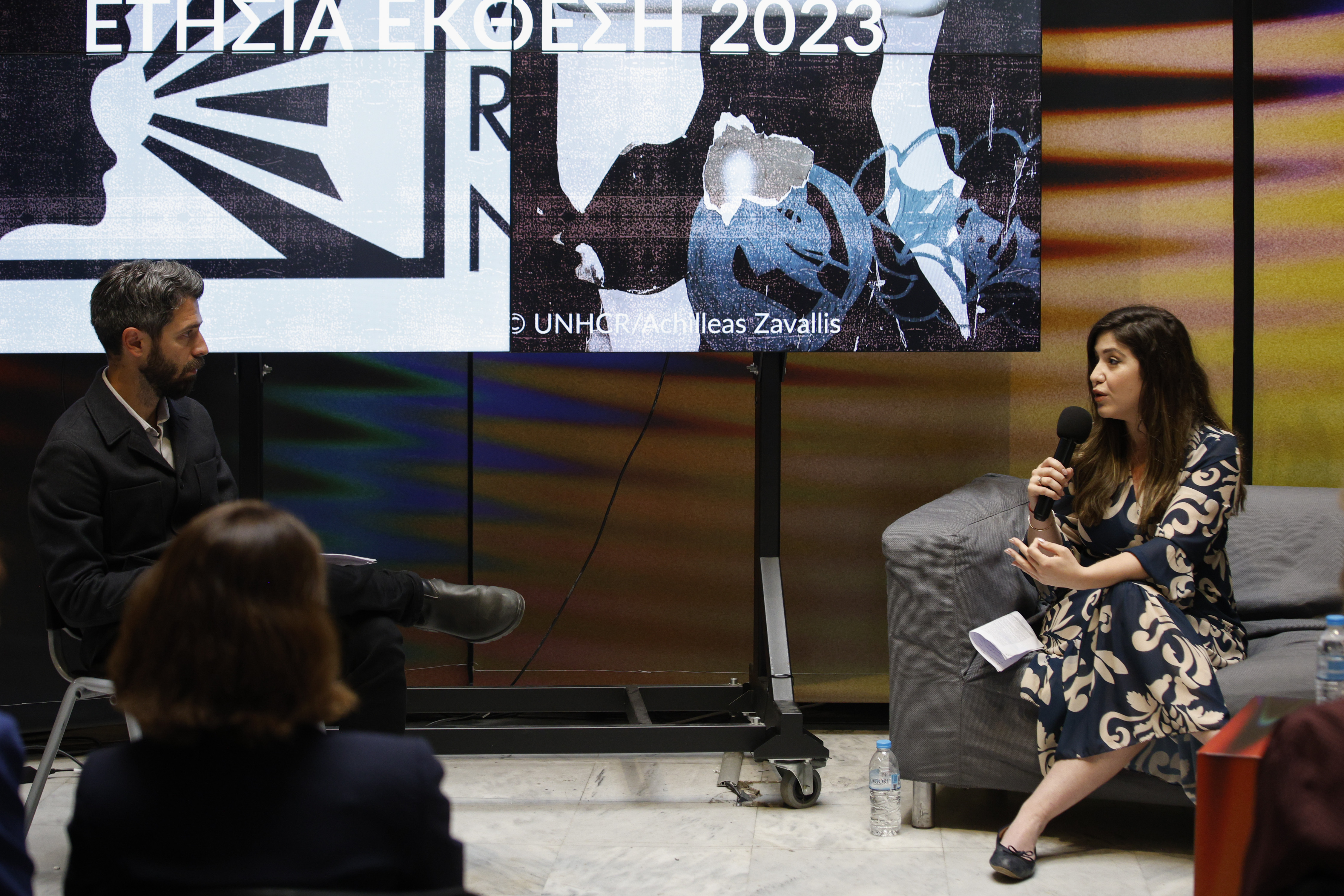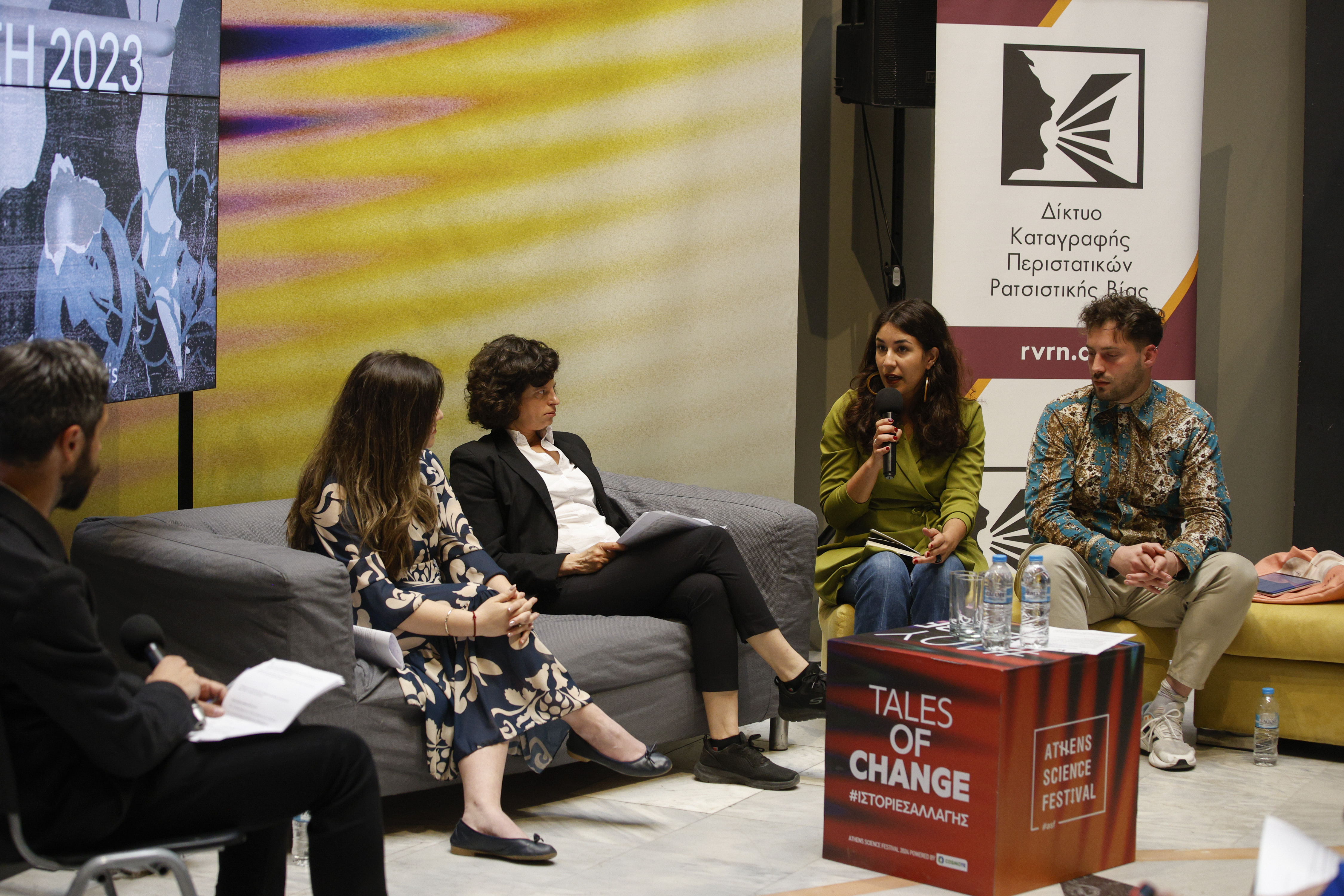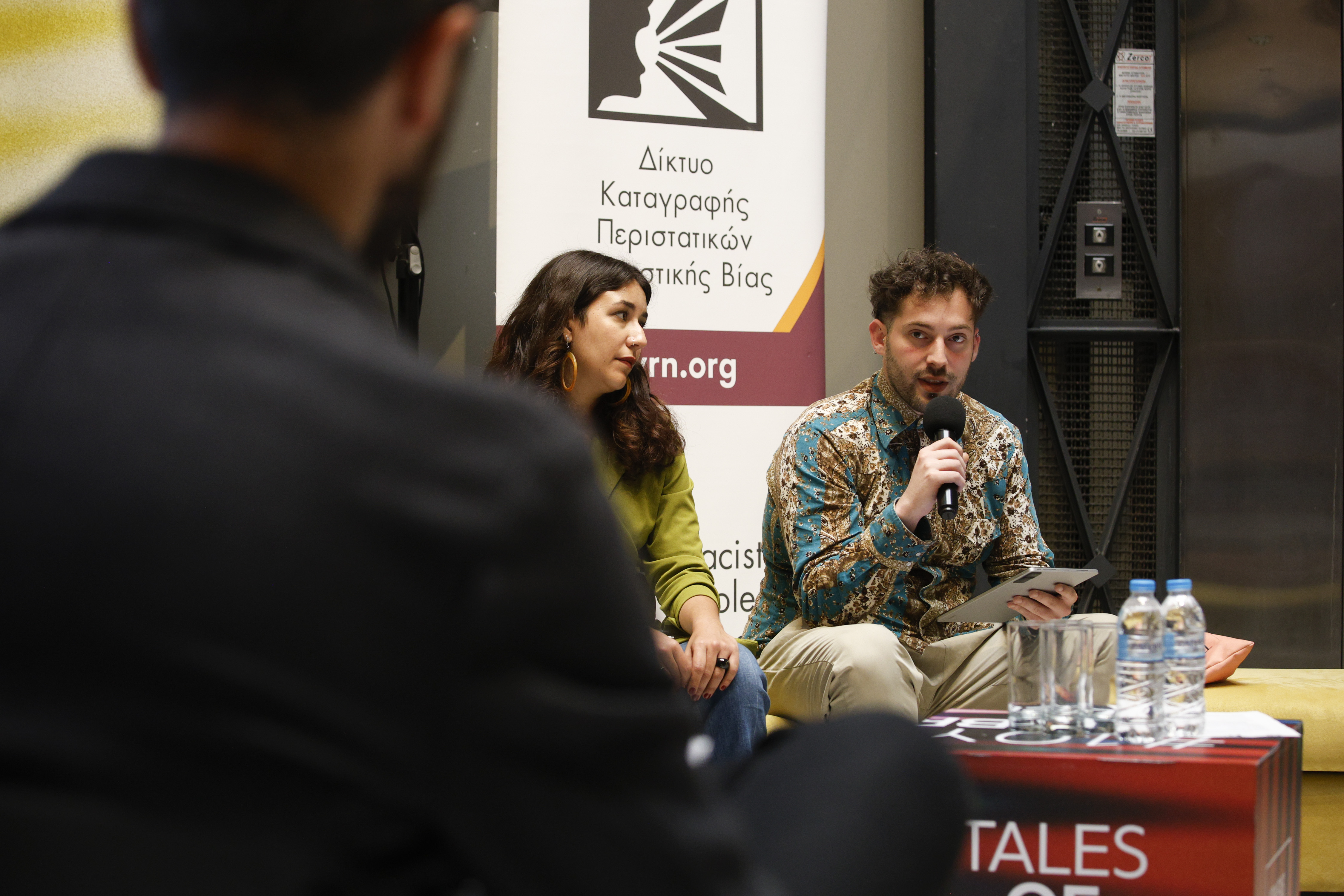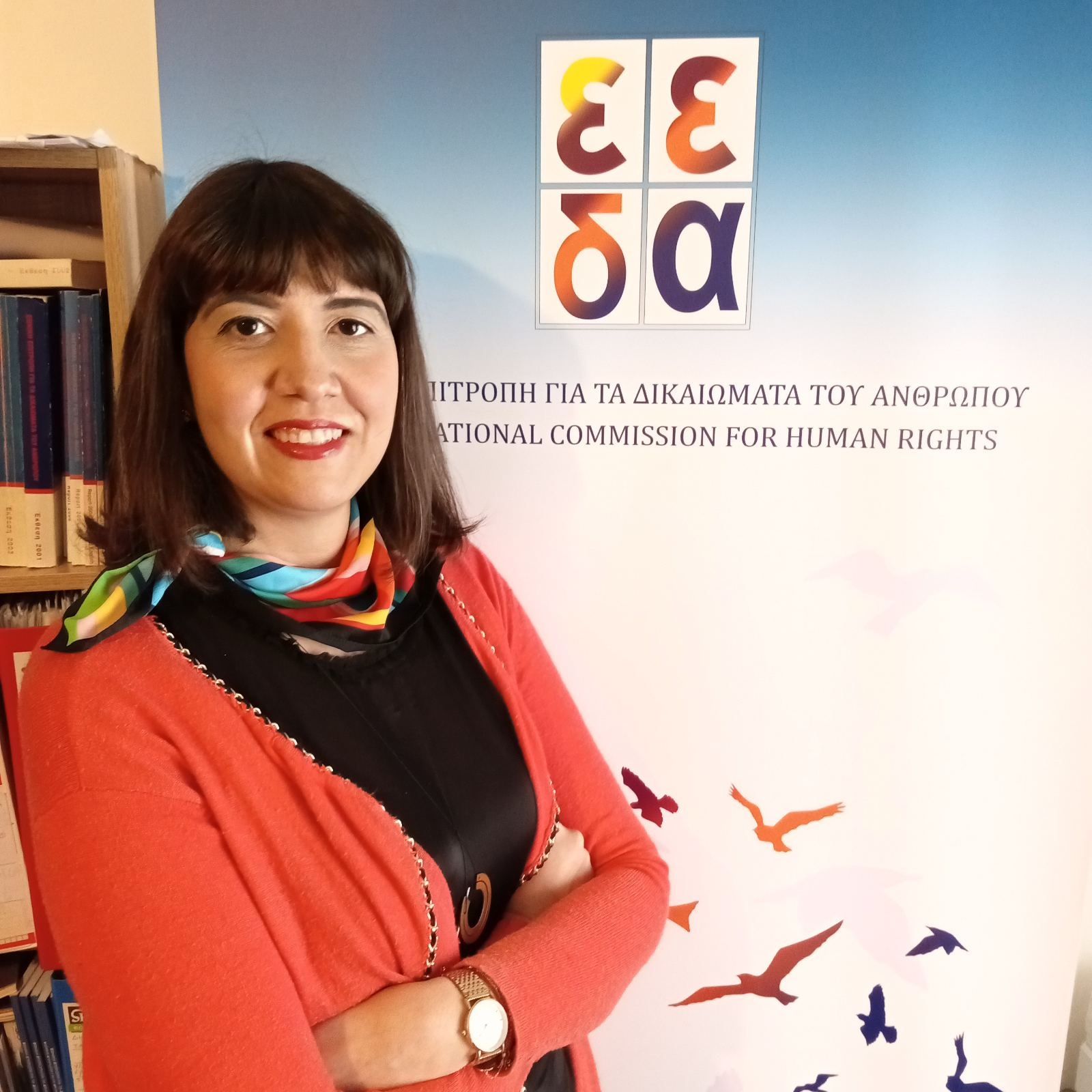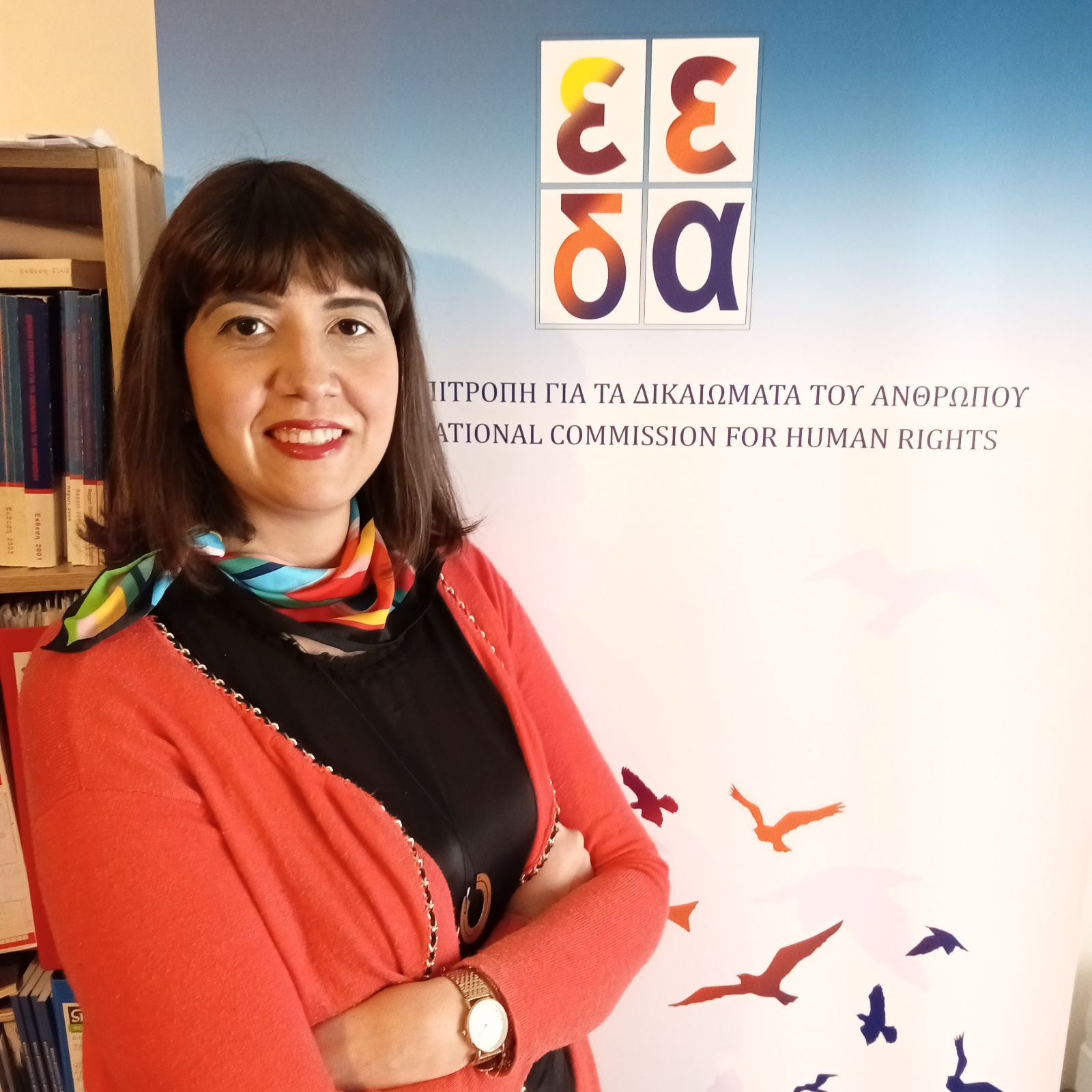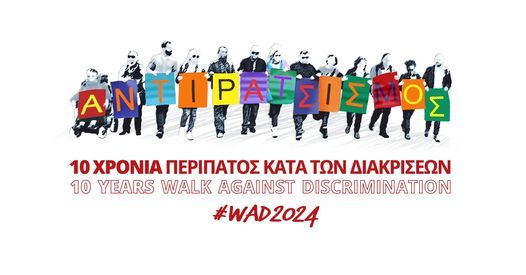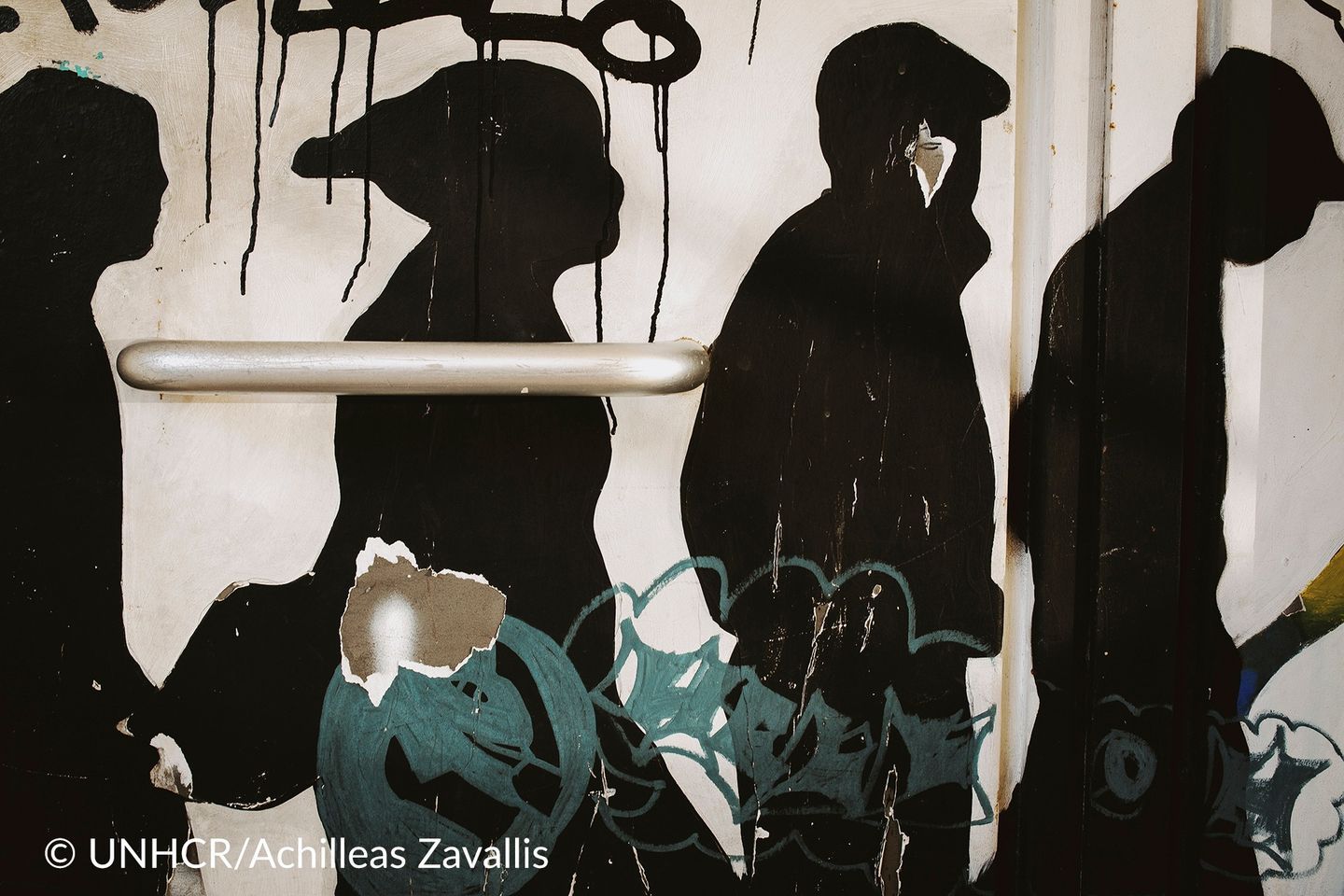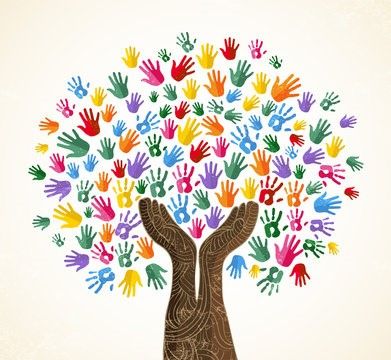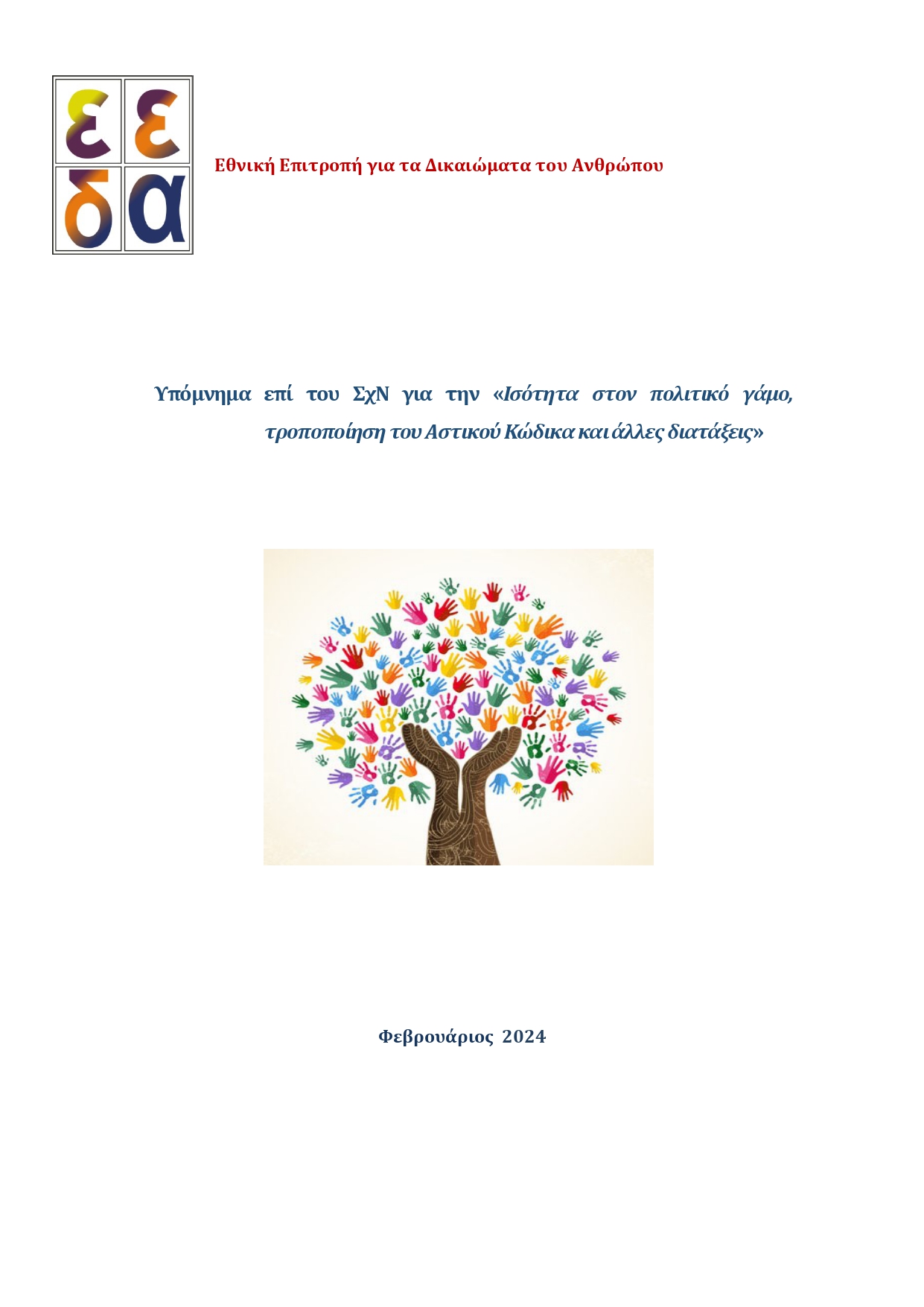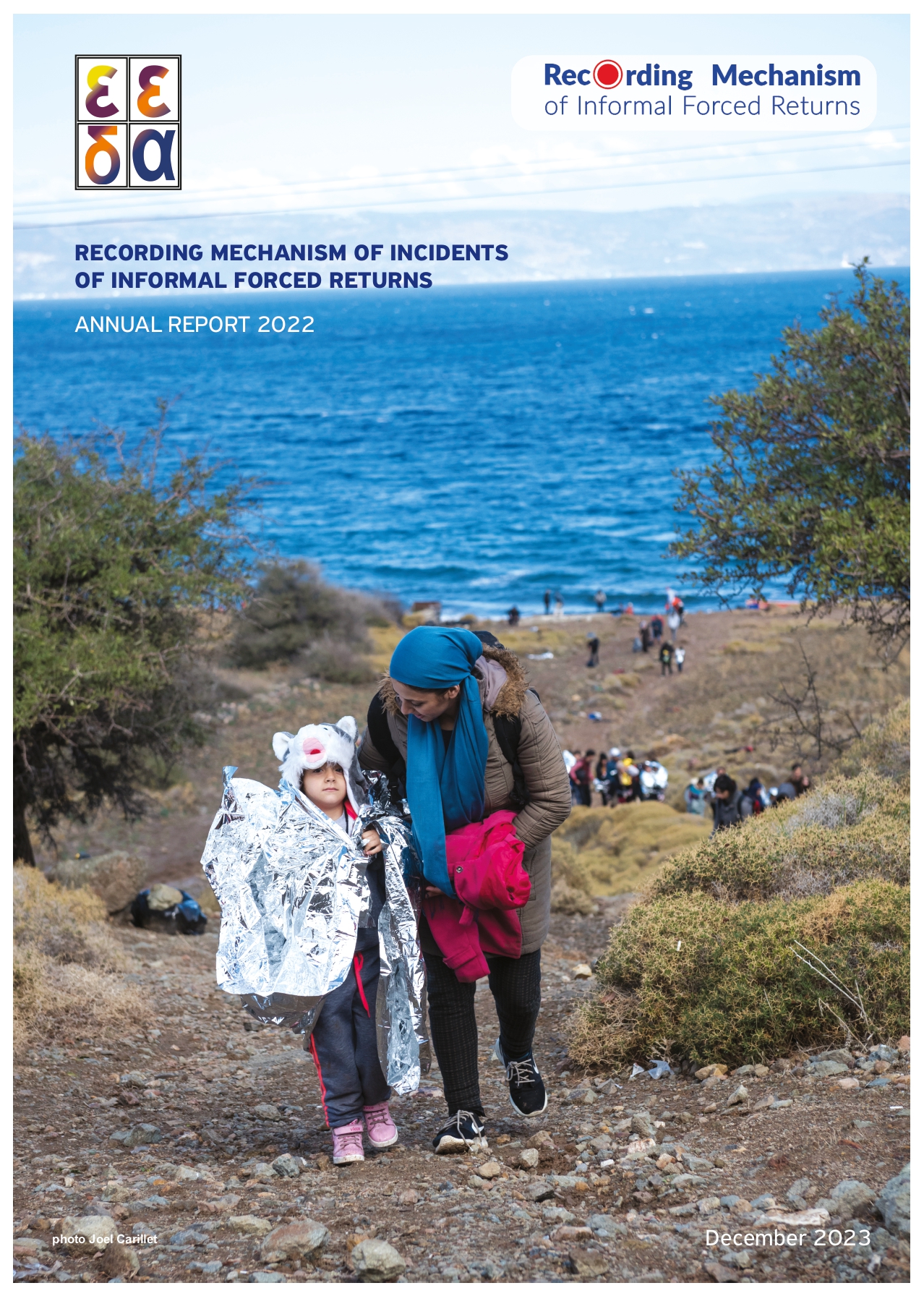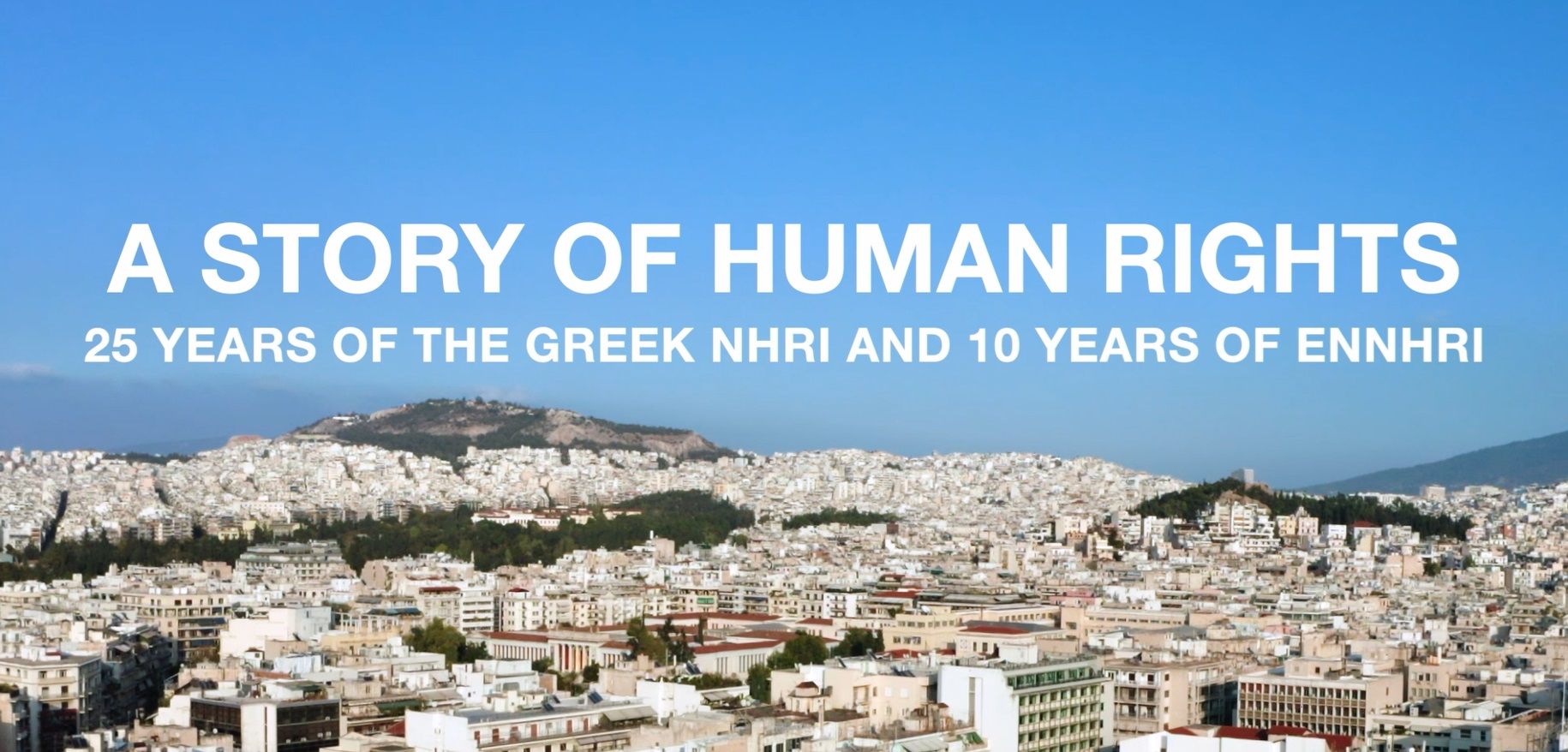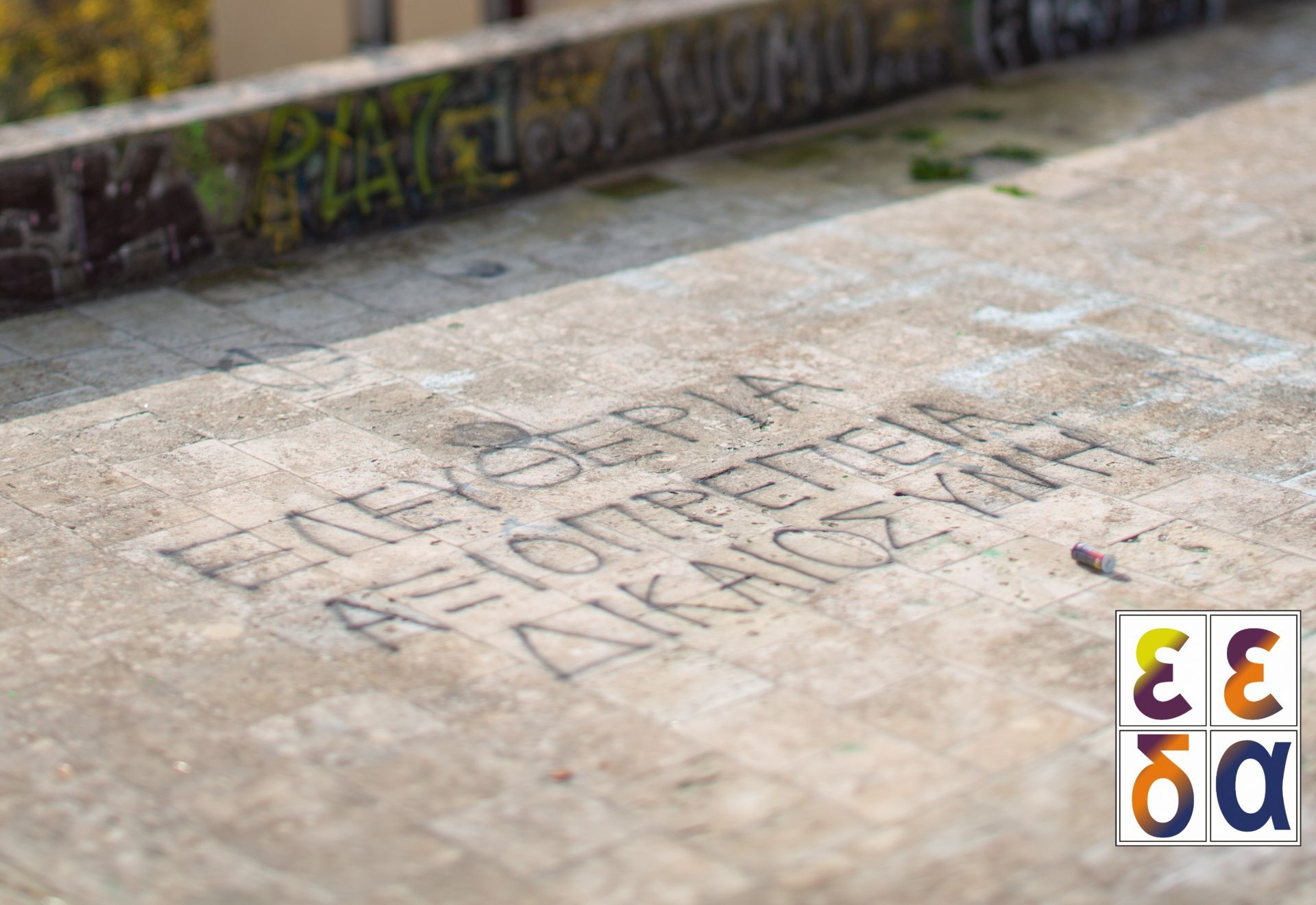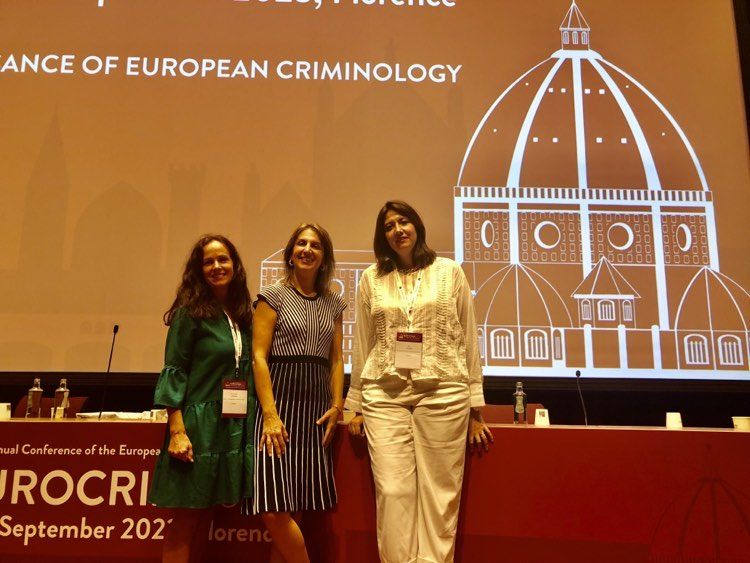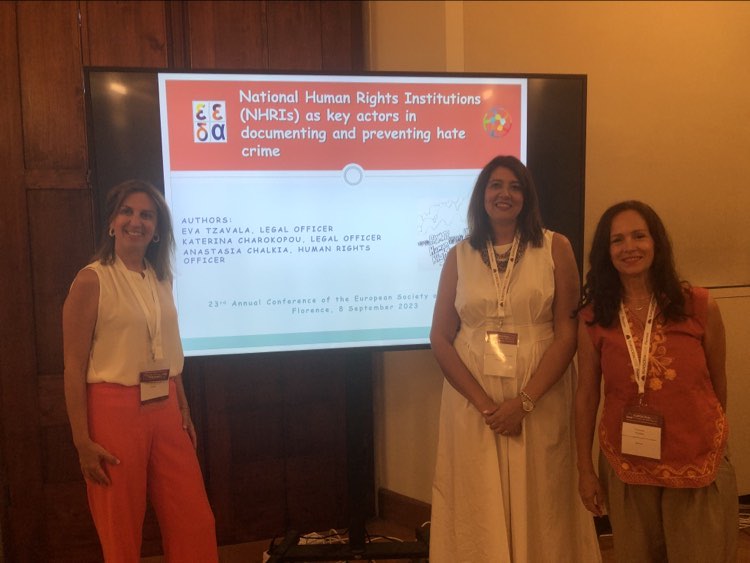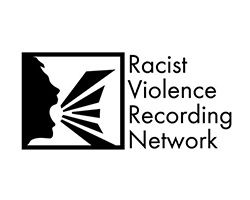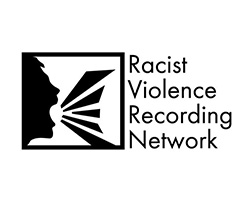GNCHR Statement: Detention conditions in police stations - Protection of the right to life
GNCHR Statement
Detention conditions in police stations - Protection of the right to life*
03.10.2024
The Greek National Commission for Human Rights (GNCHR), as the National Human Rights Institution in Greece, recalls the crucial importance of the protection of human rights during detention, the detention conditions in general and in the custody cells of the police stations, the principles of efficient and effective investigation of the State bodies incidents of arbitrariness and of the proper and without delay administration of justice, while closely monitoring, as part of its role, the above mentioned issues.[1]
Due to the particularly serious problems posed by the incidents that resulted in loss of human life in police stations (see the Announcements of the Hellenic Police dated 26/9/2024, 27/9/2024 and 1/10/2024), the GNHCR is highlighting the importance for the law enforcement Agencies and judicial Authorities to respond immediately, adequately and promptly to similar incidents, especially in cases where the individuals are under the control of the Authorities and in a situation of vulnerability, since being held under detention.
The GNCHR is highlighting the findings of the European Committee for the Prevention of Torture and Inhuman or Degrading Treatment or Punishment of the Council of Europe (CPT), during its recent visit to Greece (Report of July 2024)[2]. The findings of the investigation of the Committee reveal serious irregularities throughout Greece, regarding the detention conditions in police stations, mentioning in particular that, “Once again, the two police stations in the Attica region visited by the delegation provided conditions of detention that were inappropriate for stays exceeding 24 hours”[3]. The Omonoia police station is one of the above mentioned police stations.
It is now crucial for the rule of law to indicate that on the basis of the number of incidents, two systemic problems arise with regard, at the same time, the detention conditions and the failure of the State mechanism to eliminate incidents of violence and/or loss of human life, in cases where fatalities occurred, when the individuals were under the control of the Authorities. This specific remark leads to the conclusion that protection and prevention from the authorities, in respect of their public service obligations fail to operate properly, when they hold a human life in their hands, while the systematic manner in which it is treated, is likely to manifest a culture of impunity[4]. In view of the upcoming visit to Greece, of the Subcommittee on Prevention of Torture (SPT) from 6 to 17 October 2024, these issues should be thoroughly analysed, in order to develop strategies to address them[5].
The National Commission reiterates that in accordance with settled case-law of the European Court of Human Rights, persons held in detention, are in a vulnerable situation[6]. Previous judgments of the ECtHR against Greece, related to issues falling under Article 2 (Right to life) and Article 3[7] (Prohibition of torture) of the ECHR, are further aggravating the situation. It also follows from the case-law on Article 2 of the ECHR, that the State is bound by substantive positive obligations, which correspond to the adoption of the necessary measures for the protection of life. Consequently, it’s becoming critical to safeguard the principles in practice rather than in theory. The safeguards of the individual’s protection in cases where additional vulnerability arises, due to the health condition and the required conditions for ensuring communication and interpretation, are beyond all dispute. The obligation of an efficient and effective investigation and the breach of the procedural limb of Articles 2 and 3 of the ECHR, are issues fairly common, in cases against Greece[8].
The National Mechanism for the Investigation of Arbitrary Incidents (EMIDIPA) of the Greek Ombudsman in the 2023 Annual Report, points out that, “despite the increased obligation to carry out efficient and effective investigations as stipulated in the above-mentioned framework when investigating the relevant cases, the systematic shortcomings observed during 2023, as regards the availability, retrieval and safeguarding of video material, are indicative of the fact that the facilities of police stations and the custody cells therein, still remain cloaked in obscurity”[9]. Furthermore, serious deficiencies are encountered in the disciplinary proceedings in cases where individuals are under the control of the Authorities. Besides, it has been emphasised that the legal framework of EMIDIPA, should be reinforced[10].
The National Commission draws attention to the Reports of the Racist Violence Recording Network and specifically to the last one, according to the findings of which, law enforcement officials and civil servants are involved in incidents of violence, 3% of the incidents take place in police stations and in 89 incidents, targeting of migrants, refugees or asylum seekers is manifested.[11].
In view of the above and guided by the need to ensure the proper implementation of the institutional, protective framework for the prevention of and response to incidents that could result in loss of human life during detention and under the control of the Authorities, the GNCHR, points out:
a) the obligation of the Authorities to provide early and appropriate protection to the victims, by safeguarding the enjoyment of the right to life, through the development of an integrated framework of policies and measures,
b) the urgency for an immediate, efficient and effective investigation of the incidents and the coordination of the Authorities, based on transparency and accountability, which is instrumental to citizens’ trust in security forces and the fundamental principles of the rule of law, and at the same time, the obligation to ensure access of the victims and their relatives, to justice served without delay,
c) the need for public denunciation, on the part of the police Authorities, of all forms of violence occurring in detention areas, that amount to torture, inhuman or degrading treatment and leads to loss of human life and for the assessment of the competence of the officials,
d) the necessity for adoption and actual implementation of the GNCHR recommendations, in respect of the detention conditions and the breach of the right to life and for compliance with all recommendations of the CPT and the EMIDIPA,
e) the responsibility of the Authorities for constantly promoting systematic information, raising public awareness and educating all those engaged in the protection of human life and the physical and mental integrity, during detention, through targeted actions, tailored-made trainings, or projects, in accordance with the obligations arising from the requirements of the international instruments.
Find here the GNCHR Statement in pdf format.
* The present Statement has been adopted by the Plenary of the GNCHR on 3.10.2024 Rapporteurs: Professor Maria Gavouneli, President of the GNCHR, Giannis Ioannidis, First Vice-President of the GNCHR, Ellie Varhalama, Second Vice-President of the GNCHR, Dr. Christos Tsevas, Human Rights Officer (Legal Advisor) of the GNCHR
[1]See for instance the following GNCHR submissions: Detention conditions in custody cells of police stations and in detention facilities for foreign nationals, 29 April 2010· Note on the adoption of the Draft Bill of the Ministry of Citizen Protection, "Reform and modernisation of the Penitentiary Code -Amendments to Law 2776/1999 and other provisions”, October 2022· Statement on the occasion of the recent reports on the unjustified use of force by the Greek police and the announcements of the Minister of Citizen Protection on the use of cameras in police operations, January 2020· Observations on the Draft Bill of the Ministry of Justice, Transparency and Human Rights on the "Establishment of a National Mechanism to investigate Incidents of Arbitrariness in Security Forces and Detention Facilities Employees", July 2016.
[2] CPT, CPT/Inf (2024)21, Report to the Greek Government on the visit to Greece carried out by the CPT from 20 November to 1 December 2023, 12 July 2024.
[3]Ibid, par. 55 and p. 51:
[4]Hellenic League for Human Rights, Police, Violence and Rights - An overview of the police abuse cases in Greece, September 2024, p. 94 et seq.
[5] See: UN Committee against Torture, Concluding observations on the seventh periodic report of Greece, CAT/C/GRC/CO/7, 3 September 2019.
[6] ECtHR, Case of Tomasi v. France, (Application no. 12850/87) 27 August 1992.
[7]See for instance Tsirli, Marialena, “Article 3 - Prohibition of torture” to Sisilianos, Linos – Alexandros (ed.) ECHR - Interpretation by article, Nomiki Bibliothiki, 2017, p. 131 et seq.
[8] See Sidiropoulos and Papakostas, Konstantinopoulos and Others No. 2 in the context of implementation of the judgments and compliance with the recommendations of the Council of Europe's (CoE) Committee of Ministers.
[9] Greek Ombudsman, EMIDIPA – Annual Report 2023, 2024, p. 113:
[10] Council of Europe, Committee of Ministers, Supervision of the Execution of Judgements and Decisions of the European Court of Human Rights, 17th Annual Report, 2023, p. 38.
[11] Racist Violence Recording Network, Annual Report 2023, p. 6, 9, 6 , 9 , 15.

